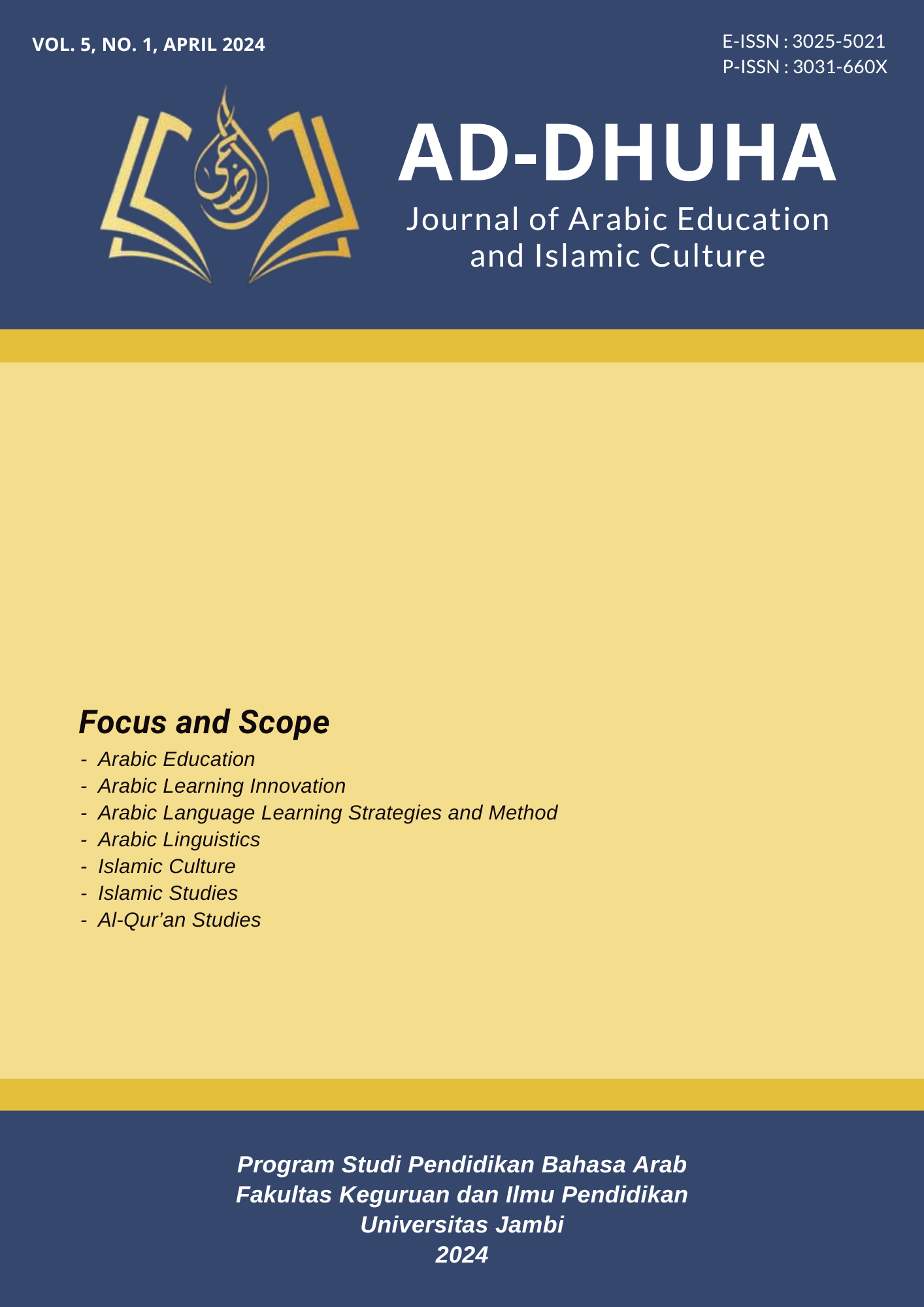Implementasi Pendidikan Multikultural di Sekolah Berbasis Islam (Studi Komparatif SMA UII Yogyakarta dan MA Al-Qodir Yogyakarta)*
Keywords:
school, madrasah, plurality, multicultural educationAbstract
This article describes the implementation of multicultural education at UII High School and Al- Qodiri High School. Multicultural education has been implemented by UII High School and Al- Qodiri High School. Nevertheless the MA Al-Qodir is more multicultural than UII High School. The implementation of multicultural education at UII High School can be seen from among others the background of their students who are diverse ethnic, ethnic, cultural, gender, economic, and religious affiliation. Multicultural education at UII High School is also evident in classroom learning. In terms of gender, the teachers never discriminated the sex of their students. All have the same rights in learning and activities at school. In classroom learning, the teacher also challenges standing above all groups. This can be seen in the learning of Islamic Education. When talking about material that contains khilafiyah, the teacher provides understanding and teach all the differences. Students are also not allowed to attend one particular group. Meanwhile, MA Al-Qodir has long been known as a multicultural school. Schools that are integrated into the Al-Qodir Islamic boarding school have explicitly implemented multicultural education. In the madrasa curriculum, it clearly states the multicultural education. For example, in the graduate competency standards (SKL) MA Al-Qodir appreciates diversity of religions, nations, ethnicity, races, and socio-economic groups in local and global relations. In addition, there are quite a number of programs and activities that reflect the implementation of multicultural education in Al-Qodir. Some of them are: First, the Al-Qodir Islamic Boarding School, including the MA Al-Qodir, accepts students obtained from drug addicts to be rehabilitated. Secondly, Islamic Boarding Schools and MA Al-Qodir receive communities from various faiths to mingle, stay and communicate (live in) with santri (students), administrators, and caregivers of the Al-Qodir Islamic Boarding School. Third, the visit of 25 interfaith leaders from 17 developing countries to Al-Qodir Islamic Boarding School for interfaith dialogue.
Downloads


















